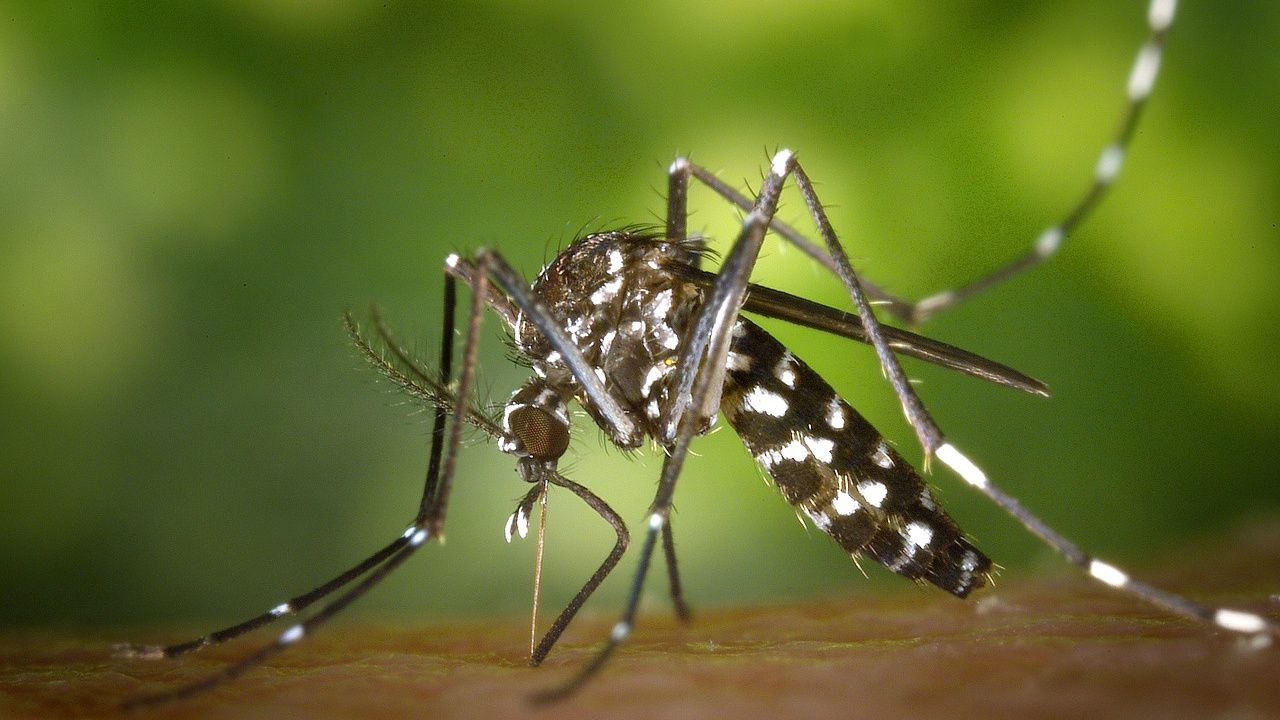TEXAS — It’s that time, Texans. If you’ve lived in the Lone Star State for long enough, you know it’s time to stock up on bug spray to prepare for the dreaded mosquito season. The pesky bugs are out with a vengeance, but especially in some U.S. cities, including our own Dallas-Fort Worth, San Antonio, Austin and Houston. Learn more about how to keep mosquitoes out of your summer plans.
Orkin has ranked the top 50 mosquito-heavy cities in the U.S. The rankings are based on data from areas where Orkin performed the most mosquito control services from April 2022 to March 2023, both residential and commercial.
The Dallas-Fort Worth area sits high on the list at No. 5, one spot higher than last year’s ranking; Houston took the No. 9 spot, up three spots from last year. San Antonio and Austin are far below, with San Antonio at No. 39 — four spots lower than in 2022 — and Austin at No. 46. This is the first year the Capital City has been featured on Orkin’s list.
With Texas’ high temperatures, especially during the summer months, it’s no wonder Texas’ largest metros made the list. But no matter where you are, mosquitoes are still a risk when spending time outdoors. The bloodsuckers are not only a nuisance, but they can also spread diseases to you and your pets. In humans, mosquitoes can spread Zika virus, West Nile virus, Chikungunya virus, dengue and malaria. Pets are also at risk of contracting heartworm, West Nile virus and other diseases from infected mosquitoes.
The EPA recommends several tips to stay protected while still being able to enjoy the outdoors this summer.
Prevention
Safety starts at the source. Mosquitoes like to breed and lay eggs in standing water, so removing any breeding areas that may exist in your backyard or patio is essential. Common breeding areas include inside old tires, buckets, plastic covers, or any vessel that can catch water. The same goes for potted plant trays, birdbaths, fountains or rain barrels; be sure to empty or remove water from these areas periodically. If you have a pool, make sure the water is constantly circulating.
To decrease the chance of mosquitoes getting indoors, be sure any gaps or crevices between doors or windows are correctly sealed.
Treatment
If mosquitoes are still bugging you, it may be time to invest in some repellents. Find an effective bug spray and maybe some citronella candles to light when spending time outdoors. Some plants are also natural mosquito repellents, including lavender, lemongrass, rosemary, basil and more.
Pesticides can also control mosquito larvae, while insecticides are for controlling adult mosquitoes. Consult a professional to ensure the appropriate methods for the habitat in your area.
Dress for success
Covering exposed skin is another way to deter not only mosquitoes, but any bugs or insects. Wear long-sleeve shirts, pants and long socks when possible. Go the extra mile by tucking shirts into pants and pants into socks to ensure there are no gaps for bugs to get into.



